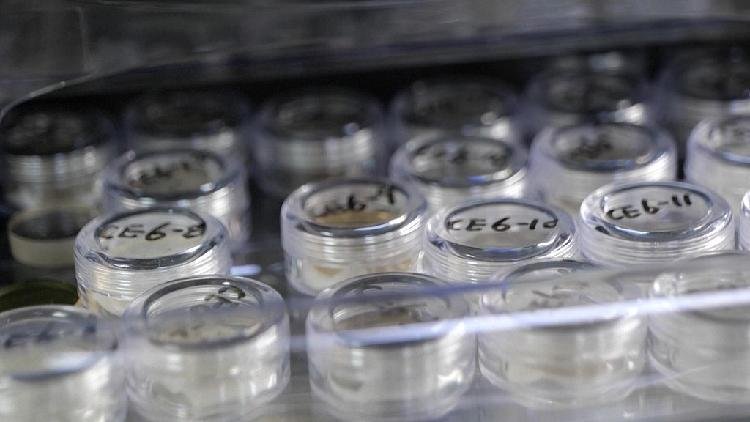China gives access to lunar samples to U.S. and international researchers
China has decided to make its lunar samples available to the United States, marking a significant step in international collaboration in space exploration. This move is anticipated to enhance scientific understanding and foster cooperation between the two nations in the field of lunar research.

This announcement highlights that cooperation between China and the U.S. in the realm of space continues, even amid ongoing tensions regarding tariffs.
Among the seven institutions granted access to the lunar samples are Brown University and the State University of New York at Stony Brook, both of which receive funding from NASA.
With the success of its Chang'e-5 mission in 2020, China positioned itself as the third nation to secure lunar samples, following the Soviet Union and the United States.
Subsequently, the Chang'e-6 mission, completed in June of the previous year, made China the first nation to bring back samples from the moon's far side, the hemisphere that faces away from Earth.
"It seems the United States is quite closed off now despite being open in the past, while we were closed off in the past and are now open; this is because of the increase in our nation's overall strength and consequent rise in self-confidence," Wu Weiren, chief designer of the Chinese Lunar Exploration Program, told Reuters in an interview on Wednesday, emphasizing that growing U.S. "isolationism" would hinder its space ambitions.
"We currently recognize several key areas of international cooperation. The first is at the technical level. But what does that mean? It means working together to develop and implement shared plans. Technological breakthroughs are essential, particularly to tackle the harsh conditions of the lunar South Pole, including challenges related to lighting, power supply and extreme temperature variations. These obstacles must be overcome collaboratively," Wu said in an interview with CN.
"We are working with the European Space Agency and countries in South America like Argentina. Looking ahead, I expect more emerging nations to join us in these cooperative efforts," he added.
Ramin Sohrabi for TROIB News
Discover more Science and Technology news updates in TROIB Sci-Tech












